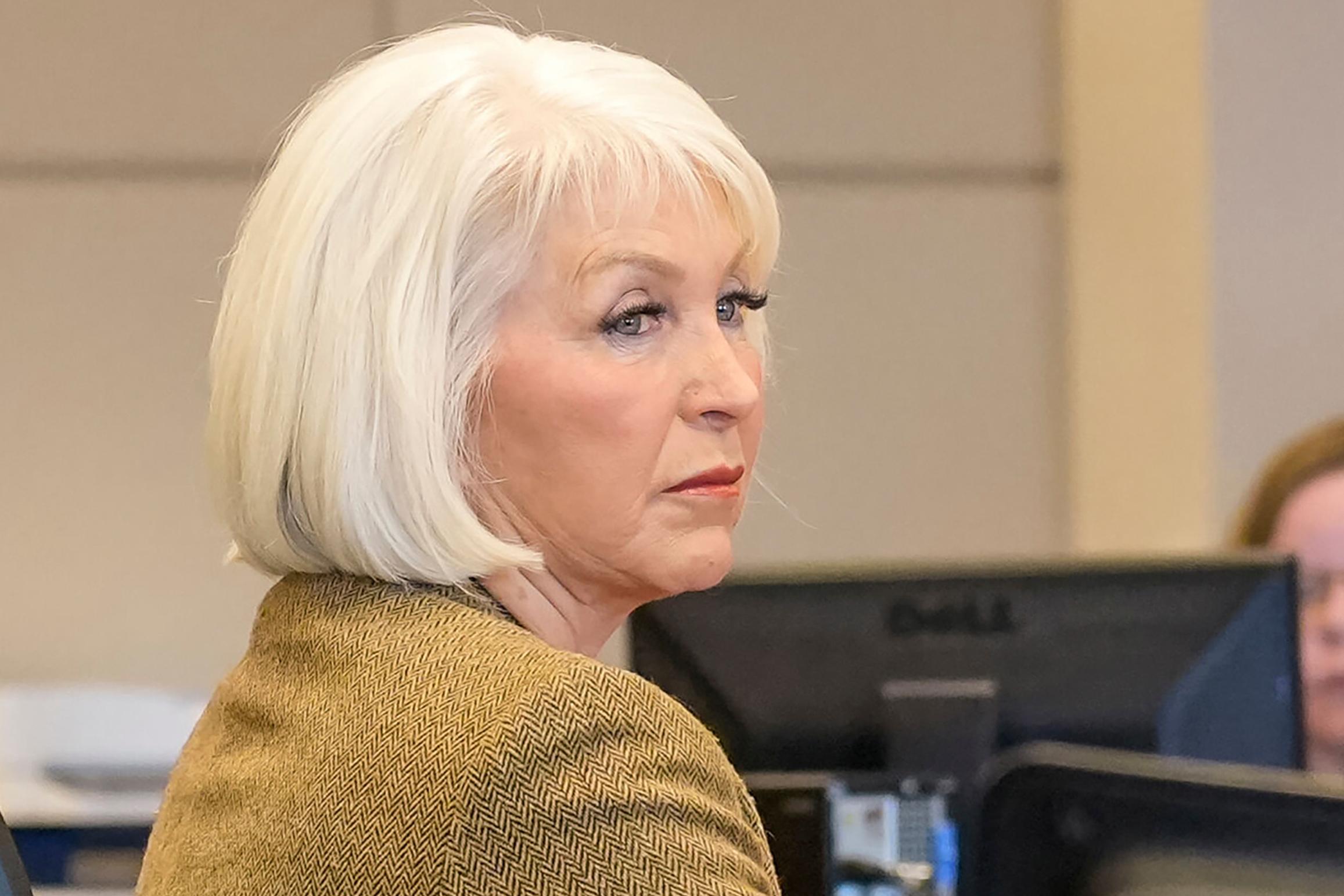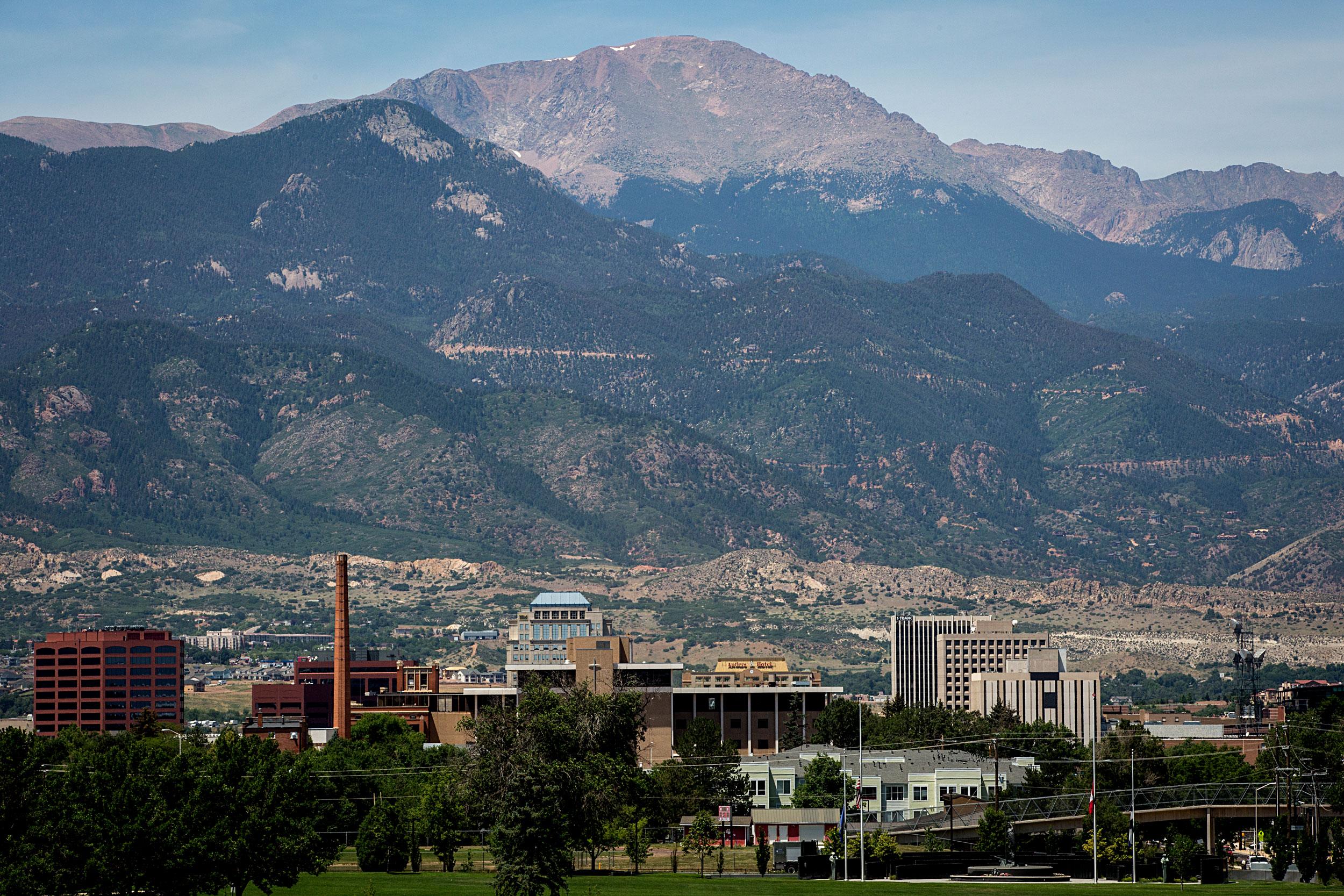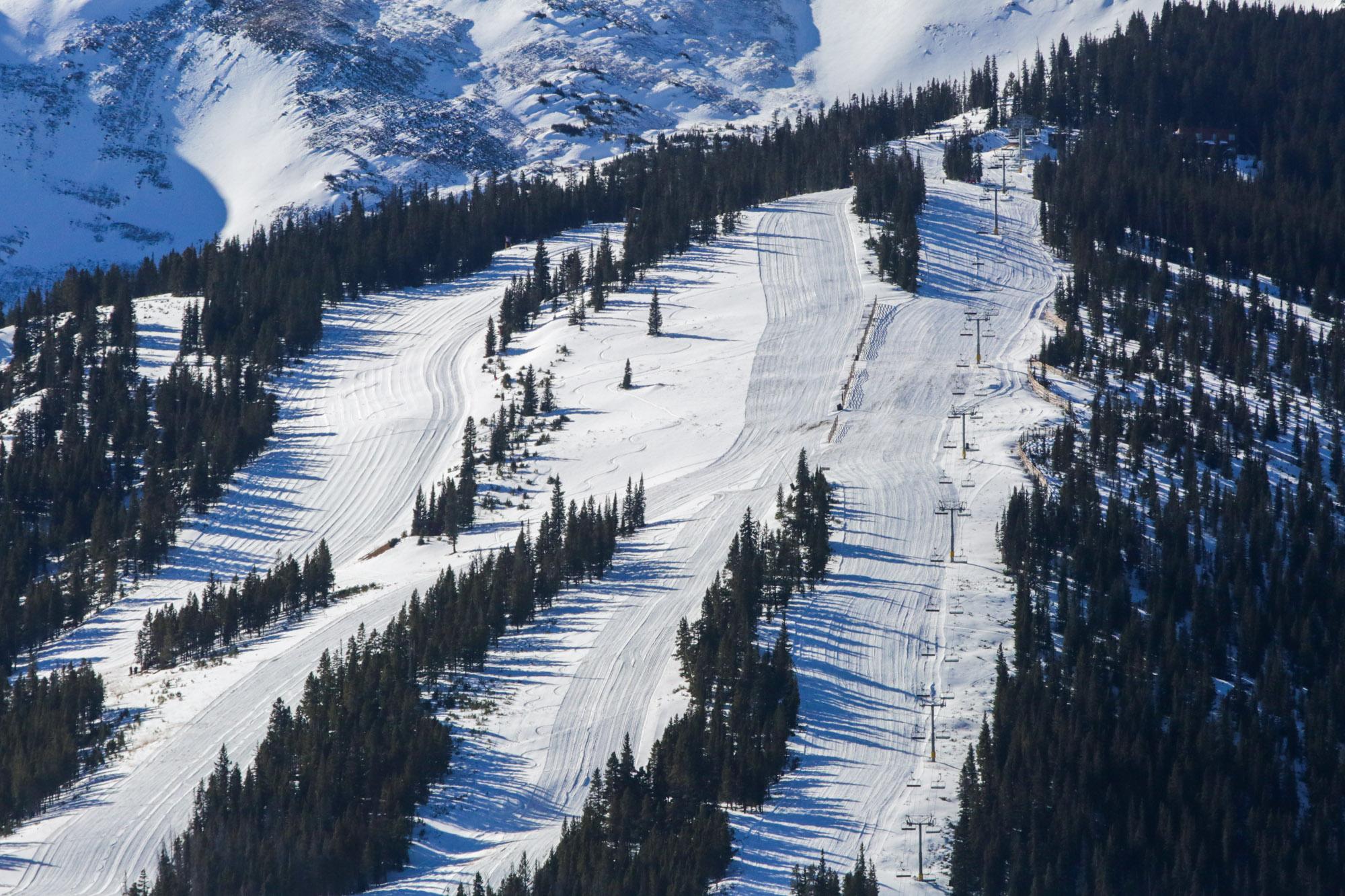
Jake Miller always dreamed of becoming a ski patroller, wearing a red jacket, and racing down a mountainside on high-stakes rescue missions.
When he graduated from college in 2022, he applied for a job at Eldora Mountain Resort west of Boulder. He got his Emergency Medical Technician license and started working full-time for the season.
“It's the most amazing job I've ever done,” Miller, 23, said. “Especially the medical side of it.”
But the pay made it hard to balance life off of the mountain. Earning $18 an hour to start, he couldn’t afford rent in Nederland or Boulder, the two closest towns to the resort. So he got a space in Longmont, commuting over an hour to work each morning.
While on the clock, the resort often felt understaffed, Miller said. He didn’t qualify for overtime pay until he’d worked at least 56 hours a week – a federal rule for seasonal businesses. The job also didn’t come with health insurance during the first year, he said.
Burnout set in quickly. Patrollers who had worked on the mountain for decades told him the high cost of living and the stresses of seasonal work were nothing new.
“They hadn’t really seen positive change,” said Miller, who is returning as a patroller again this season. “So that was what got me thinking that unionization might be the best way forward.”
Last month, Miller and other patrollers at Eldora became the latest group to file a petition with federal regulators for a union election.
They joined a swell of ski patrollers and lift mechanics who are organizing in hopes that collective bargaining can help them keep up with high housing and living costs in mountain communities. Patrols at Loveland Ski Area in Georgetown won their election earlier this year, and workers at Park City, Crested Butte, and Purgatory have also organized in recent years.
If successful, Eldora workers would form a local chapter of the United Ski Patrols of America, which represents patrollers and lift mechanics across the West. USPA leaders said membership has doubled in the past seven years to 870 members.
Pro-union patrollers said the growth is driven by patrollers’ desires to create a more stable life. They do the dangerous, but vital, job keeping skiers safe during visits to Colorado’s multi-billion dollar ski industry. Their unique set of skills includes planting explosives on the mountainside to mitigate avalanche risk, loading injured skiers onto toboggans, and providing emergency medical care on ski slopes.
The work can be thrilling, but also draining and traumatizing for patrollers. After an avalanche killed a backcountry skier near Breckenridge Ski Resort on New Year’s Eve last year, resort patrollers there assisted in the recovery effort.
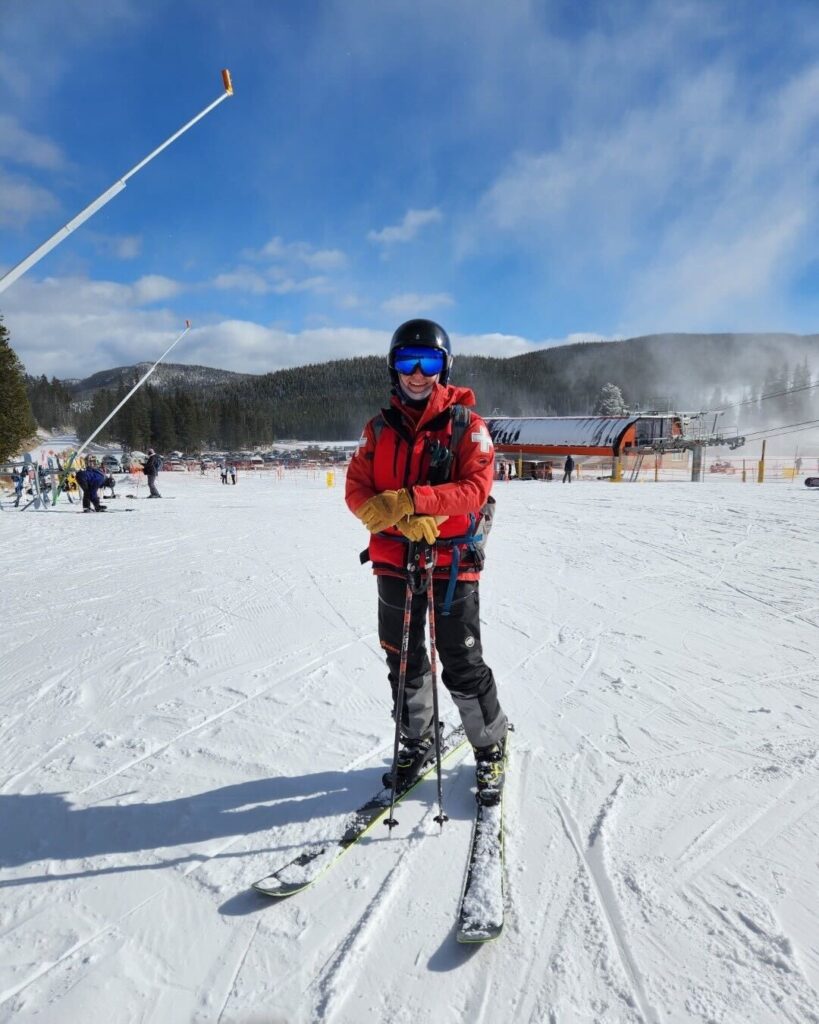
Ryan Dineen, a ski patroller and avalanche tech at Breckenridge, who leads the resort’s patroller union, hosted a debrief session for the staff after the search ended.
“Everyone came back just exhausted, I mean, absolutely spent,” he said. “And then to try to find a way to integrate that experience into the rest of your life is another challenging piece.”
Many patrollers live in workforce housing, said Dineen, who has worked as a patroller at Breckenridge for 13 seasons and lives in a town-subsidized apartment. Others have long commutes, and gas money adds up quickly.
“We're being told that we're being paid at the highest end of our industry while we're also being provided with links [by employers] towards food banks in the community and different social services,” said Dineen.
In many resort communities, average home prices rise above $1 million. Rents also shot up during the COVID-19 pandemic and have remained high.
“My children go to subsidized daycare,” he said. “We live off of subsidies, and that's a part of what I think is a flaw in this entire mountain industry.”
Managers from Vail Resorts and Eldora declined an interview but said they already offer competitive pay and are trying to address issues like understaffing.
“Turnover is quite low,” Eldora said in a statement. “We had more than 80 people show up for tryouts last spring, and more than 30 applied to work on patrol. We hired 6 new patrollers to join our paid patrol staff of 42, our largest on record.”
The resort also increased starting pay to $19 for new hires this year, with bumps to higher pay based on seniority and skill levels.
Vail Resorts, which owns Breckenridge and operates 41 resorts across the world, spent more than $175 million to “increase wages, expand benefits, provide leadership development and support more affordable housing,” according to a company statement.
“Those investments were the direct result of listening to our employees and taking action,” the company said.
Colorado Ski Country USA, the state’s largest industry group, said it respects the rights of employees to organize.
“There have been bursts of organizing activity at the resorts over the years and some resorts have had union patrols for several years. Other resort unions have decertified. The economics at each resort are different,” the association said in a statement.
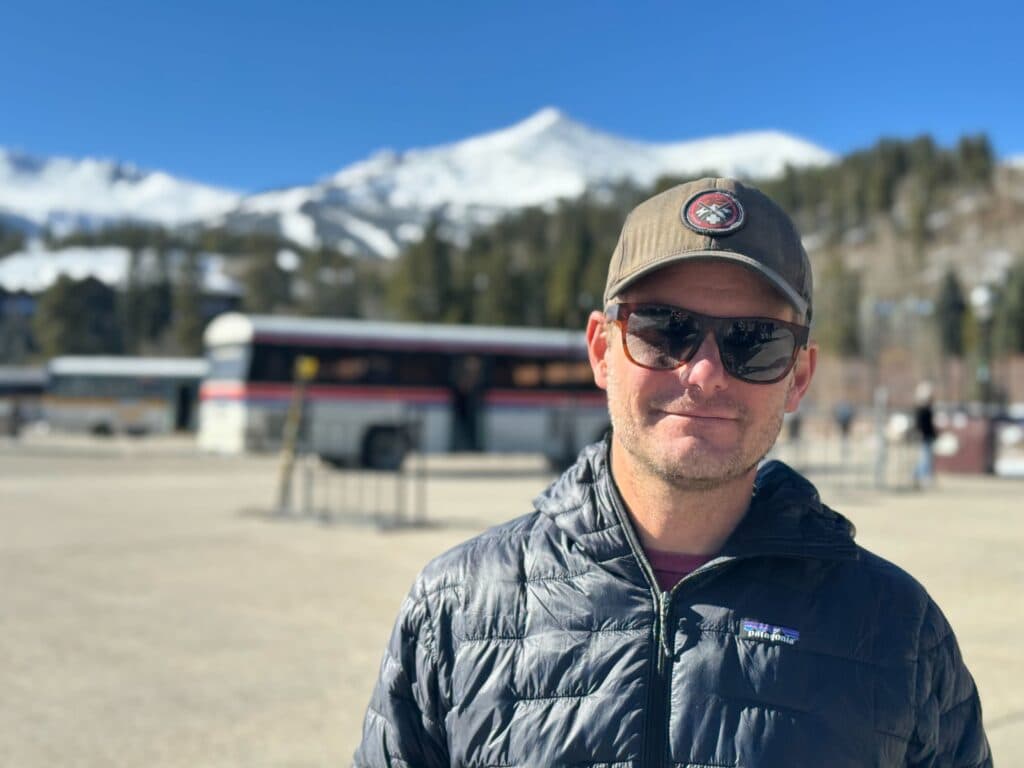
The current burst in organizing is likely tied to rising housing and living costs, as well as changes in attitudes toward work post-COVID-19 pandemic, said Erin Hatton, a labor researcher at the University of Buffalo.
“Workers are no longer accepting those old terms of, we'll pay you in fun or this is just something you would do anyway, or that you love,” she said. “That can facilitate the kind of union organizing that you're seeing.”
While union membership nationally has remained flat in recent years, public support for unions has increased to its highest level since the 1960s. Nationwide strikes have dominated headlines this year and helped workers win big gains in contracts.
Workers in seasonal positions or in jobs historically seen as short-term career options are taking notice and asking for more from their employers, Hatton said
“Those workers are now saying, ‘Hang on, we're workers too and we demand more than we're getting,’” she said.
Patrollers and lift operators at Breckenridge are entering their second season with a contract. Patroller Dineen said staff now have a max wage of $32 an hour, which is two dollars higher than it was before the union formed. But that’s still not enough to afford living in town.
“I would hope that a union could potentially raise the bar as to what one can expect to make in a mountain community and create a pathway for a future,” he said.
What’s important is that there’s more dialogue with managers now, he said, and the resort has started putting funding toward affordable housing projects for workers. Those changes, Dineen said, will help keep workers coming back and skiers on the Mountain safe.
Eldora workers are still unsure when their election will happen. A hearing to set the date was postponed to December, which means an election will likely take place in January, said Miller.
In the meantime, managers have started to hold meetings urging patrollers to vote no on a union, he said. But he still plans to vote yes.
“It doesn't seem like the one-to-one relationship with our employer is really getting us results,” he said. “And I think collective bargaining is a more transparent and unified way to have a seat at the table.”





